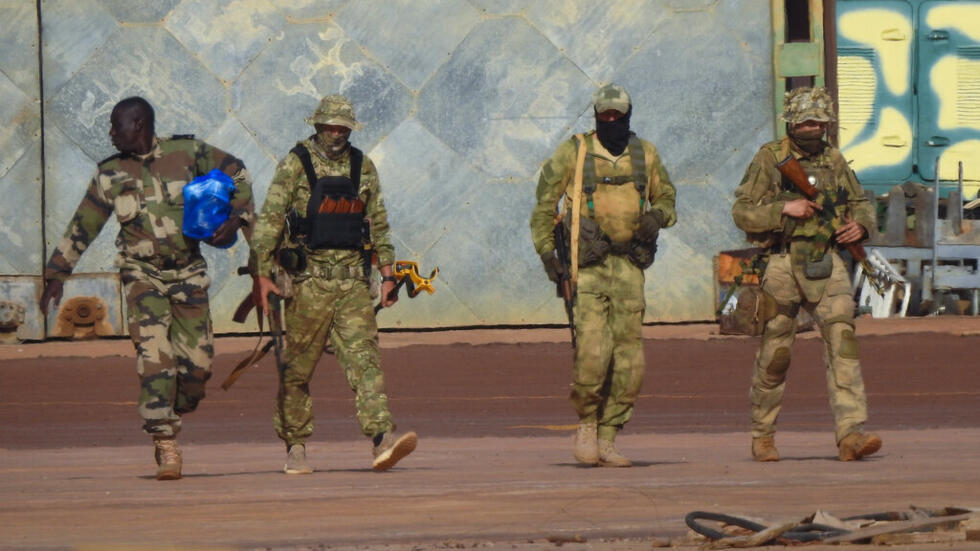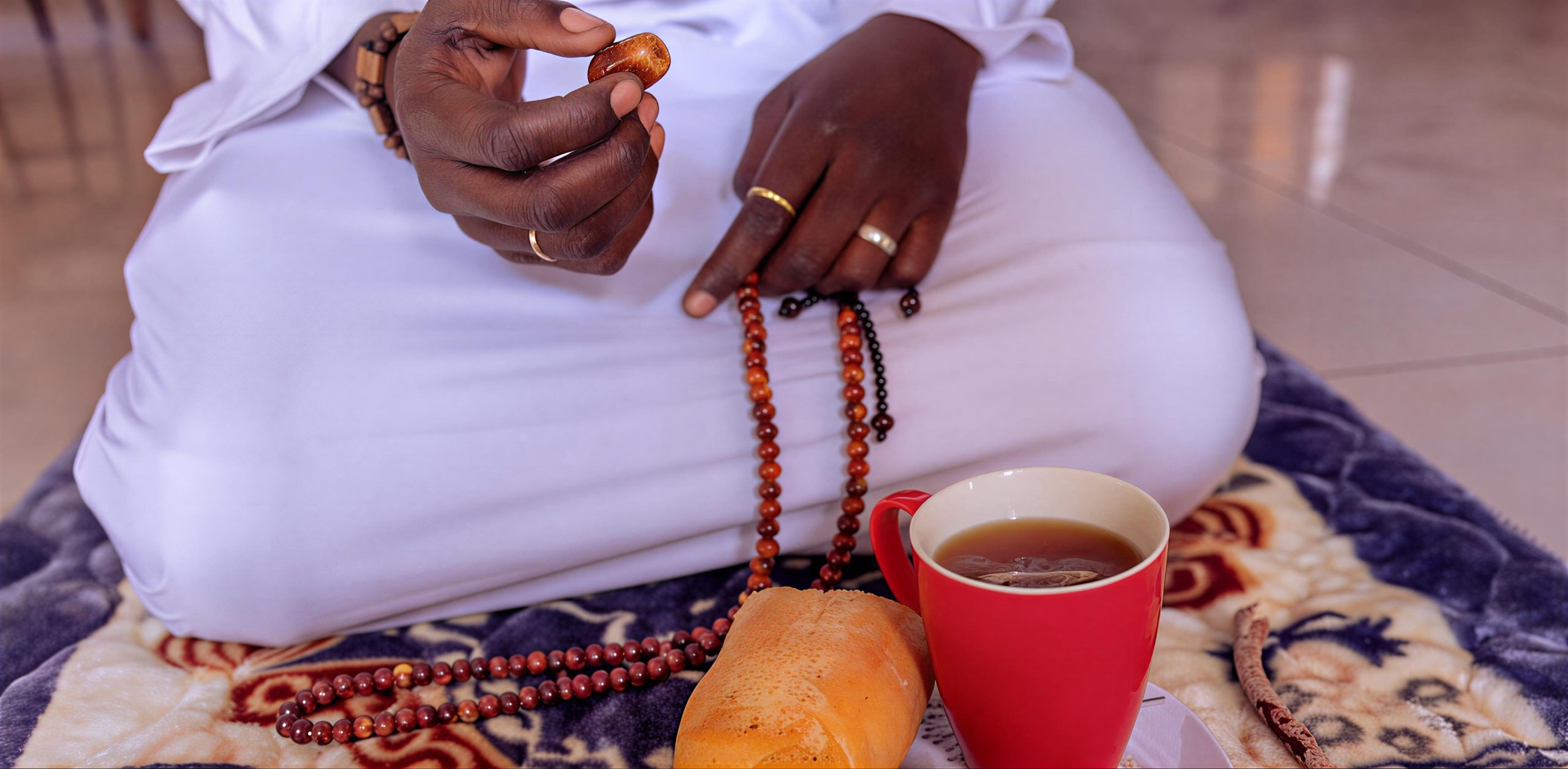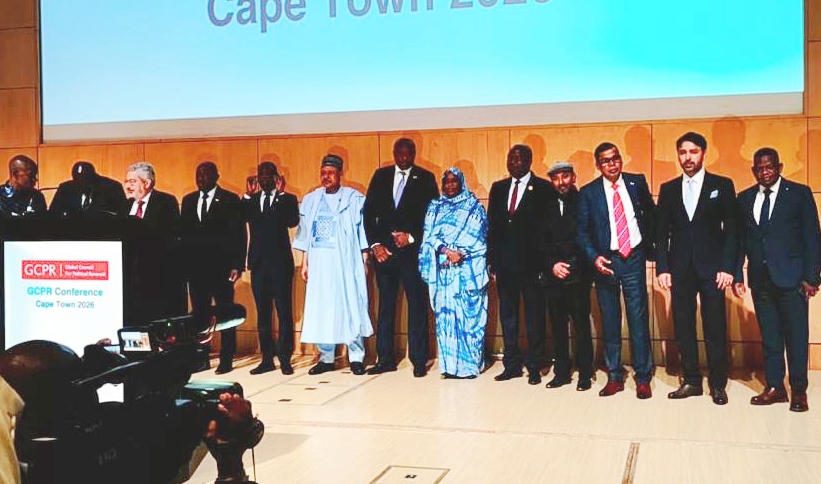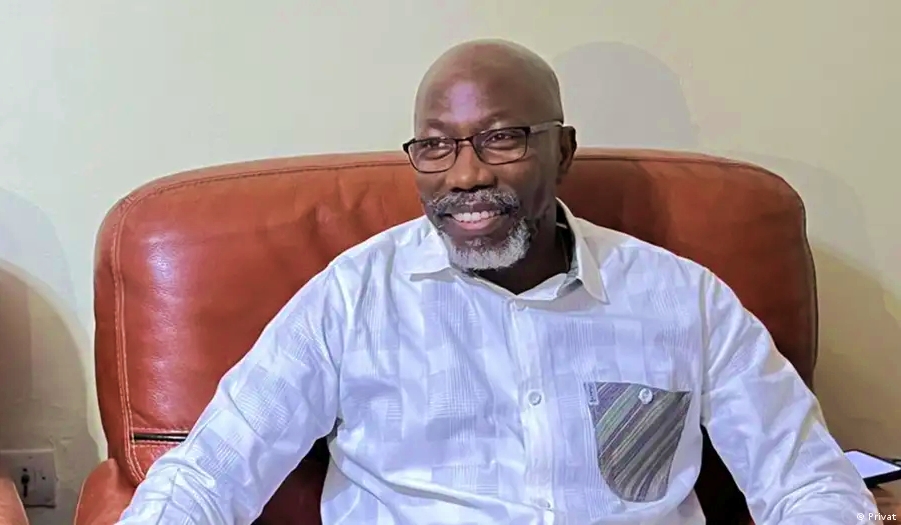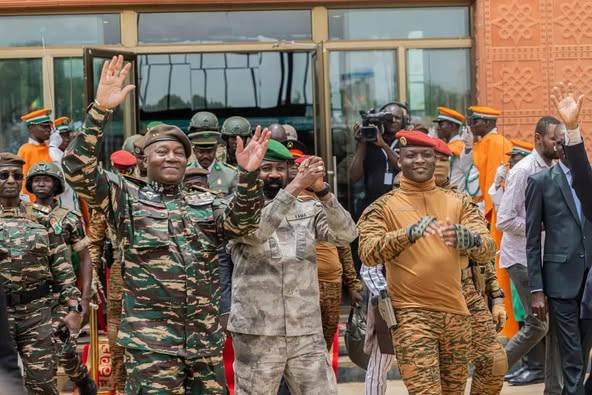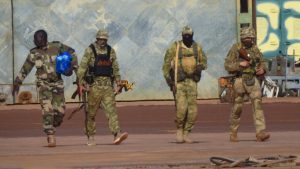Gambiaj.com – (BANJUL, The Gambia) – The saga of military-led transitions in the AES (African Exceptional States) countries unfolds like a tragic play with no final act. What begins as a dramatic entrance of soldiers into power, cheered by hopeful populations desperate for change—inevitably drags into endless transitions that seem designed more to entrench military rule than to pave the way for democracy.
These transitions, cloaked in promises of restoration and reform, have become a recurring cycle of broken commitments and unfulfilled aspirations. Each coup d’état brings the illusion of order, yet the reality remains unchanged: insecurity persists, freedoms are eroded, and the military elite indulge in the prestige of power while neglecting the responsibilities it entails.
Their propagandists often craft narratives of revolution, resistance to imperialism, and nationalistic pride to justify their prolonged hold on power. These narratives, though cloaked in anti-imperialist rhetoric, serve as convenient distractions from their failure to restore democracy or address the real struggles of their people.
It’s as if they’ve turned the art of storytelling into a smokescreen, giving an illusion of progress while clinging to the prestige of authority. This “revolutionary” facade often preys on the collective memory of colonial injustices and anti-imperialist sentiment, all while the promises of returning to civilian rule and alleviating public suffering remain unmet.
In March 2024, the journal Global Africa published an incisive article by a political scientist titled “Democracy and Insecurity in the Sahel: An Impossible Cohabitation?” This commentary, which analyzes the effects of insecurity on the democratic order in the Sahel, sheds light on the troubling dynamics between military power and civilian governance.
The researcher argues that the military, armed with their bayonets, has arrogated to itself the right to wrest power from civilians under the pretext of restoring security—a claim that fools no one. In reality, these soldiers, driven by unspoken ambitions of revenge, express through coups d’état “the frustration of political sidelining poorly digested by the military, who pride themselves on a historical legitimacy in the formation of states.”
These soldiers, who have deserted the battlefields to snooze in presidential palaces, are obsessed with political power and the “feeling of prestige” (Max Weber) it confers. Their enthronements drag on endlessly, as they cling to power with no intention of relinquishing it. Freedoms, under the guise of a so-called refoundation, are systematically flouted.
The people, who once cheered the military during coups d’état, now find their liberties under siege. Journalists are hunted down and imprisoned; political parties are dissolved or suspended; civil societies are suppressed from national political life. Decisions about the fate of these nations are made solely by military powers, wielding guns and silencing opposition.
Despite their meager successes in combating terrorist groups, particularly in Mali, insecurity in the AES countries remains tragic. Civilian and military casualties are countless, and populations live in constant fear of the terrorists’ unpredictable and devastating actions.
These groups, agile and adaptive, bivouac everywhere, evading the control of states whose skeletal armies have proven ineffective. The involvement of Russian mercenaries—Russia’s Trojan horses—has brought no relief. Instead, these profit-driven mercenaries sometimes exacerbate the persecution of civilian populations. The Fulani community, often accused of bolstering terrorist ranks, has become a victim of systematic attacks amounting to ethnic cleansing.
Fatoumatta: The military has no solutions to the myriad problems plaguing these nations. Their inability to govern has plunged their countries into deep poverty, with no signs of improvement. Unable to outperform the civilians they accuse of incompetence, they resort to scapegoating, blaming others for their failures.
France, the former colonial power, becomes their Turk’s head, with its language and Franco-African imperialism feeding their victimhood narrative. This refrain, however, serves only to distract from the enormous challenges facing their peoples.
Slogans, as history shows, cannot withstand the test of time and reality. In Burkina Faso, for instance, authorities accuse Côte d’Ivoire—portrayed as one of the last remnants of Françafrique—of plotting to destabilize Ibrahima Traoré’s regime. These soldiers, indifferent to their country’s welfare, are singularly obsessed with power. Their incompetence and inability to grasp the real issues of the modern world make failure their inevitable outcome. But at what cost?
At the cost of African integration. At the cost of diplomacy. At the cost of economic stability. ECOWAS, often dismissed as a cartel of heads of state serving France, has already suffered significant blows. More devastation is likely to follow.
Fatoumatta: And yet, our country retains its universalist vocation—a manifest destiny that eloquently reflects its greatness. Like all great nations, it holds the potential to rise above these challenges and reclaim its rightful place on the global stage.



